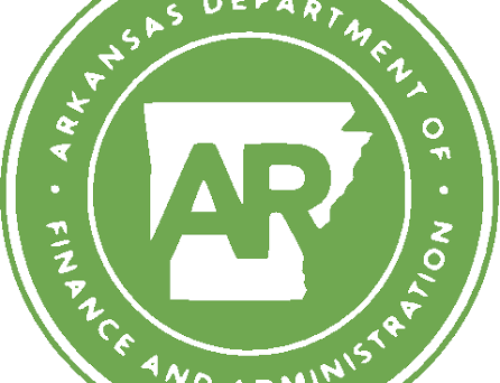For the longest time, takin’ a baby aspirin every day seemed like an easy-peasy way to keep your heart tickin’ just right. Folks believed it could help fend off heart attacks and strokes without much fuss. But honey, times have changed, and so has the science; especially for folks who’ve never had any heart trouble to begin with.
A new study out of the University of Michigan, published in the Journal of the American College of Cardiology, found that nearly 1 in 6 adults over 50 are still takin’ aspirin every day hopin’ to keep their hearts healthy. What’s a little worrisome is that about a quarter of them started doin’ it without ever talkin’ to their doctor first.
Now don’t get me wrong, aspirin can be a real lifesaver for folks who’ve already had a heart attack or stroke. That’s what’s called secondary prevention, and it still holds true. But for folks who ain’t had no heart issues, it’s not so cut and dry.
Turns out, that same blood-thinnin’ power that helps prevent clots can also lead to some dangerous bleedin’, especially as we get a little more seasoned in age. Dr. Jordan Schaefer, a
hematologist with the University of Michigan, said it plain: “The benefits of takin’ aspirin for prevention might get outweighed by the risk of bleedin’, especially in older folks.”
One of the most concernin’ bits of the study was how many people are takin’ aspirin without ever checkin’ with their provider. 1 in 10 folks said they hadn’t even brought it up with their
doctor at all. How can your doctor help you weigh the risks and rewards if they don’t even know you’re takin’ it?
Some of this may come from old beliefs that aspirin’s just good for you in general, or even helps keep your mind sharp. But bless it, the science just don’t back that up anymore! In fact, 29% of folks surveyed thought aspirin helped prevent dementia, and over 80% thought it was good for their overall health. That’s a mighty big misunderstanding.
These days, the official guidelines are a bit more cautious. The American College of Cardiology and the American Heart Association say folks over 70 shouldn’t be takin’ aspirin just to prevent heart trouble. And the U.S. Preventive Services Task Force says even high-risk folks should stop by age 75, and steer clear after 60 if they’ve never had heart disease.
That said, for some younger folks between 40 and 59 who have a higher risk, maybe from high blood pressure, cholesterol, diabetes, or smokin’; aspirin might still be helpful. But even then, it’s not a call to make without sittin’ down and talkin’ it through with your provider.
Bottom line? Aspirin ain’t a one-size-fits-all fix anymore. It’s a strong medicine with real pros and some real cons. So before you start (or stop) takin’ it every day, have a good, honest chat with your healthcare provider. They’ll help you figure out what’s best for your heart and your whole body, based on your personal story.As Dr. Geoffrey Barnes, one of the study doctors, said it best: “Aspirin use is a lot more complicated than it used to be, which is exactly why it’s important to talk to a healthcare provider.”
Schedule yourself a wellness visit and get that heart of yours checked out. You can also look up more info from the American Heart Association if you’re feelin’ curious.






